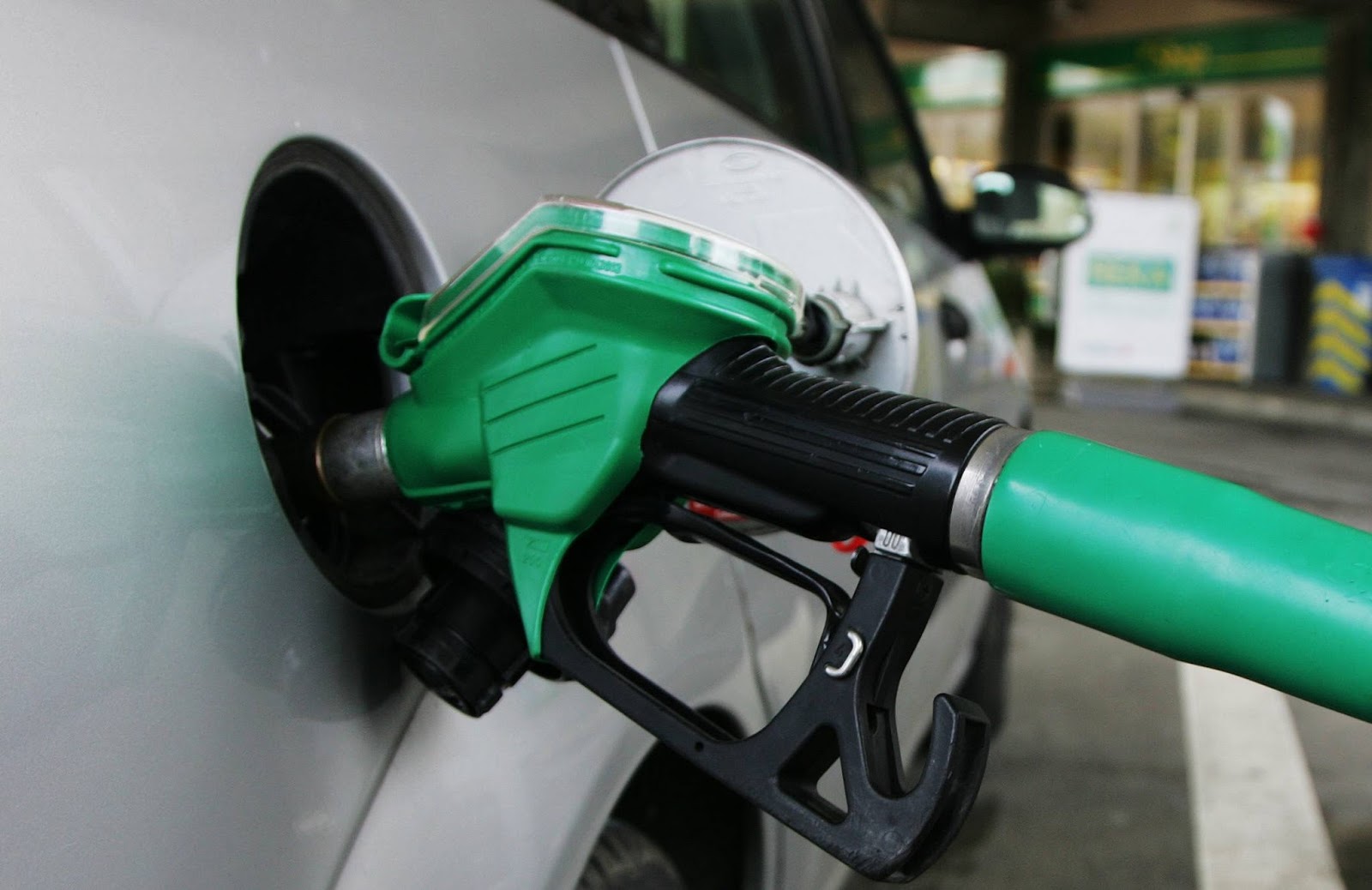Unending increase in petrol price
The pricing template of the Petroleum Products Pricing Regulatory Agency (PPPRA) puts the landing cost of petrol

Last week, the Minister of State for Petroleum Resources, Mr. Timipre Sylva, announced that with the price of Brent crude oil hovering above $60 per barrel, Nigerians should get set to bear the pains of impending petroleum price increase.
The pricing template of the Petroleum Products Pricing Regulatory Agency (PPPRA) puts the landing cost of petrol at over N179 per litre, while the expected Open Market Price (OMP) is about N202 per litre. However, the product is still being sold for between the N162 and N165 per litre price band.
Sylva said at the inauguration of the Nigerian Upstream Cost Optimisation Programme (NUCOP) in Abuja that the Nigerian National Petroleum Corporation (NNPC) cannot continue to bear the cost of subsidy. He said while government revenue had improved following the rise in crude oil prices, the gains could not be frittered on subsidy payment.
According to Sylva, “NNPC needs to also think about the optimisation of product cost because as we all know, oil prices are where they are today, $60. As desirable as this is, this has serious consequences as well on product prices. So, we want to take the pleasure and we should as a country be ready to take the pain. Today, the NNPC is taking a big hit from this. We all know that there is no provision in the budget for subsidy.
“So, somewhere down the line, I believe that the NNPC cannot continue to take this blow. There is no way because there is no provision for it. As a country, let us take the benefits of the higher crude oil prices and I hope we will also be ready to take a little pain on the side of higher product prices.”
Using an expected open market price of N190 per litre of petrol and an average current pump price of N162 per litre, there’s a subsidy of N28 per litre. With daily petrol consumption of about 57 million litres and subsidy of N28 per litre, it means subsidy gulps N1.60 billion per day and N11.20 billion in a week (February 5 to 12).
Over the years, no buffers have been built to mitigate the adverse effects of fuel price increase despite the fact that it has always triggered increases in the cost of transportation and food items.
The good news is that President Muhammadu Buhari is the Minister of Petroleum Resources, so the buck stops at his desk. But in the six years he’s been in office, none of Nigeria’s refineries in Port Harcourt, Warri and Kaduna has functioned. In fact, they are all shut now. And of all the licences for refineries issued since Nigeria’s return to democracy in May 1999, only Dangote refineries project is under construction. Others are portfolio licences.
It is not good that Nigeria is the only member of the Organisation of the Petroleum Exporting Countries (OPEC) that imports its petroleum needs. Yet, no government has been able to permanently wean Nigeria of this embarrassment.
Unending increases in prices of petroleum products each time there is fluctuation in crude oil price only inflicts further pains on Nigerians.
With Sylva’s announcement, another increase is coming and surely, it would exacerbate the hardships among the citizens and push many more into the poverty index. This nightmarish situation of the federal government inflicting more pains on citizens must stop.
This government should immediately get the refineries to work. Enough of the excuses. Get all licensed refineries to start building or revoke them. Give concessions for licensees of modular refineries to start building. This planned petrol price increase should not be implemented. Nigerians are tired of petrol price increases.
